As a Certified Health Coach, I help individuals transition to a Whole Food, Plant-Based Diet and Lifestyle so they can prevent and reverse chronic disease, and lose weight and keep it off.
I often get asked what a Whole Food, Plant-Based
There are a lot of similarities.
Both ways of eating eliminate animal products – no meat, poultry, fish. No dairy or eggs.
There are also many differences.
Vegans do not eat honey, while those on a WFPB diet may find raw honey perfectly acceptable.
A vegan diet can include a lot of not so healthy foods, like oreos, candy, fried foods, oily cheese substitutes, lots of sodium and highly processed mock meats.
Veganism encompasses an entire philosophy of life that fights against animal abuse and exploitation, and they feel that it is wrong to treat animals as a commodity in any way. They do not wear leather or buy products that are made from animals or tested on animals.
The term Whole Food Plant-Based diet was coined by Dr. T. Colin Campbell, author of the book The China Study, which you may read or at least heard of. He has been at the forefront of nutrition research since the 1970s, particularly as to the relationship between food and disease.
It is a way of eating that maximizes nutrient dense whole plant foods for optimal health. The diet is based on vegetables, grains, beans and lentils, fruit, nuts and seeds, primarily in their whole, unprocessed or minimally processed form. There is little or no oil or refined sugars, and salt is minimized.
So while many individuals that eat a WFPB diet are also concerned about animal welfare and the health of the planet, the diet is focused on creating optimal nutrition to prevent and reverse diseases – like type 2 diabetes, heart disease and certain cancers – so we can live a long, healthy life.

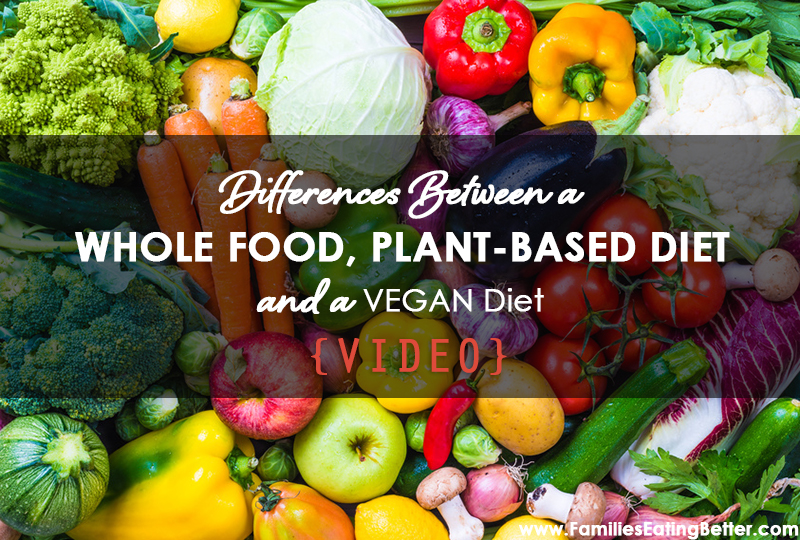


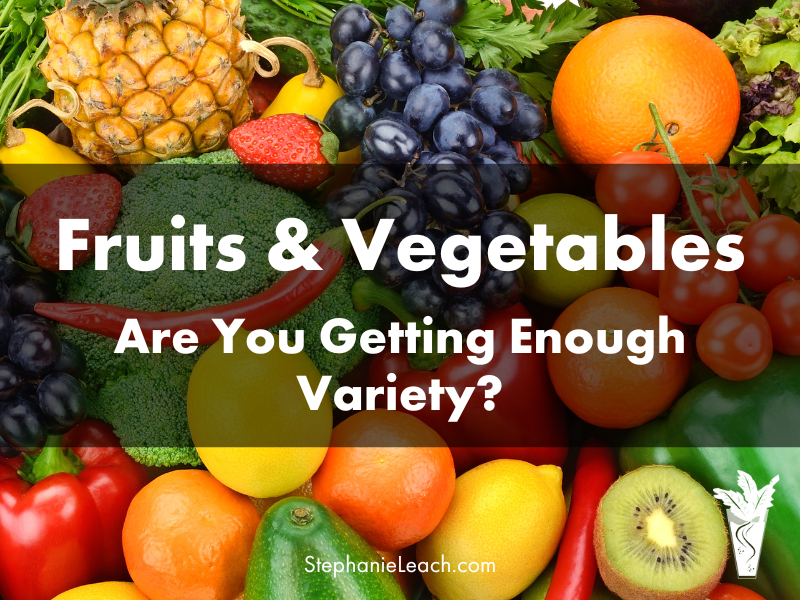
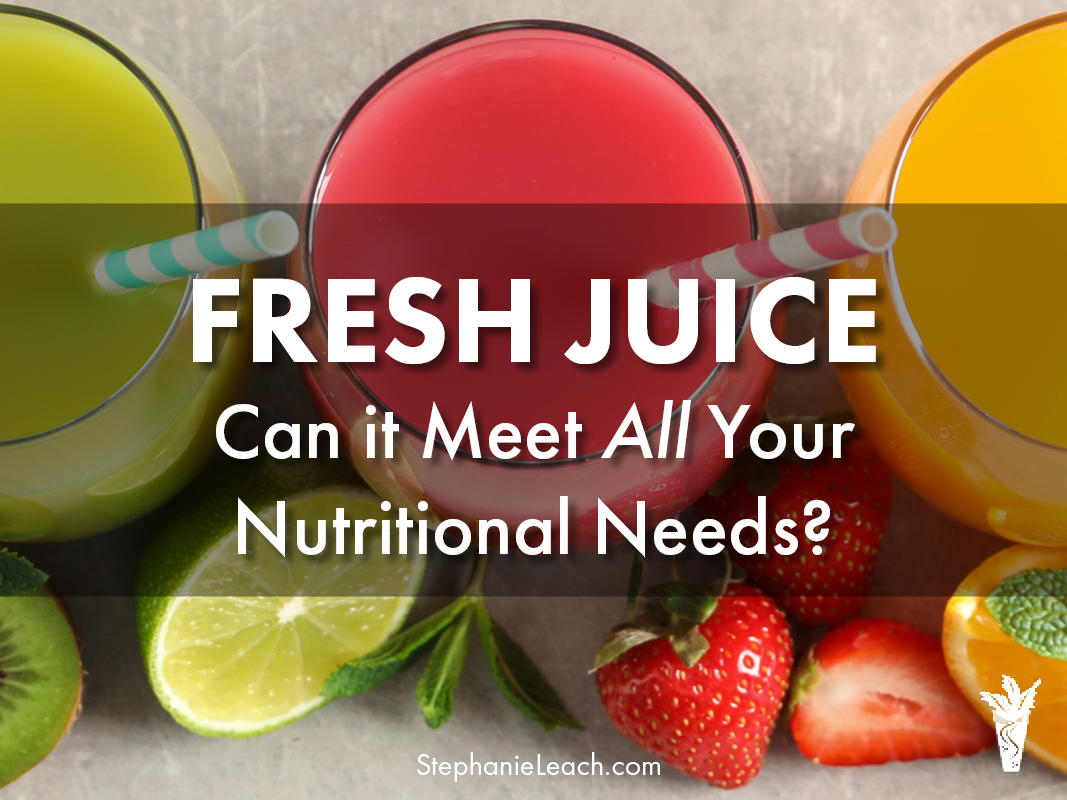
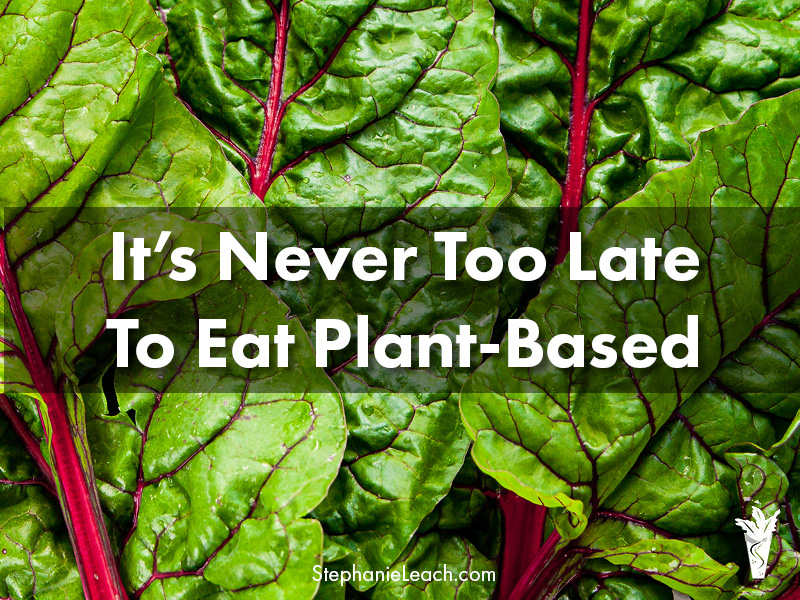
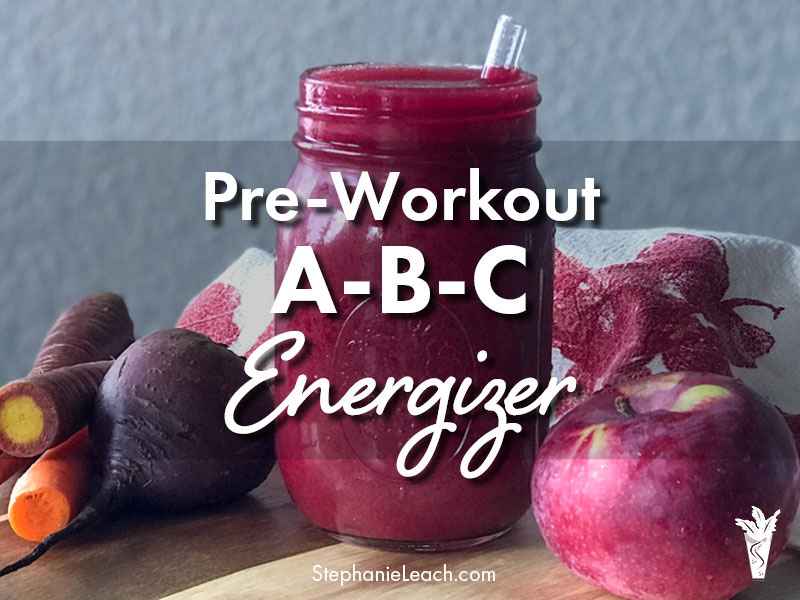
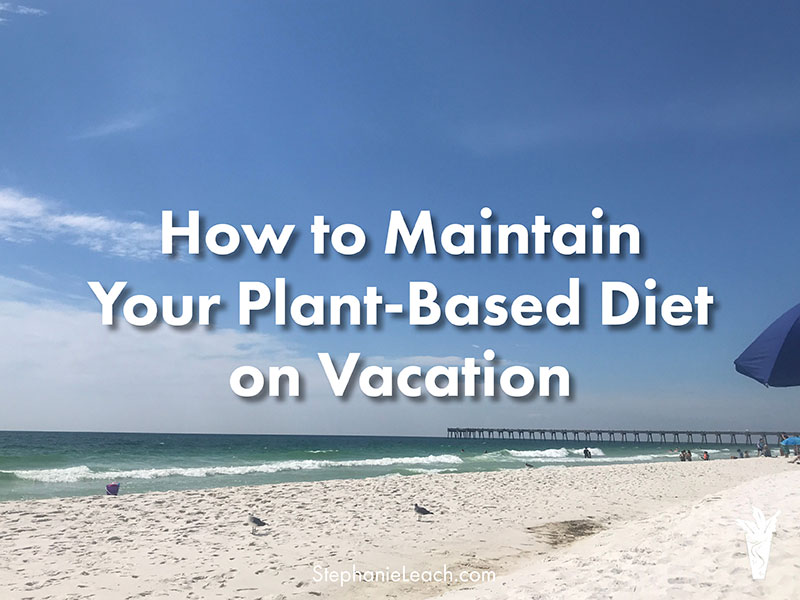
Leave A Comment